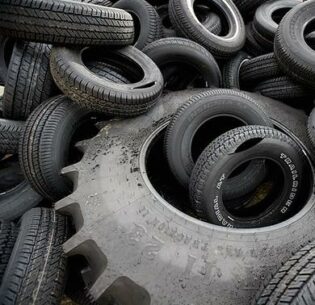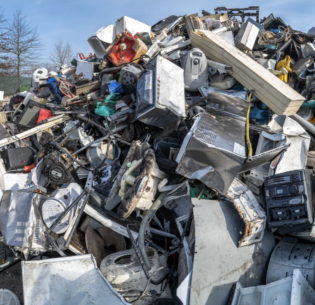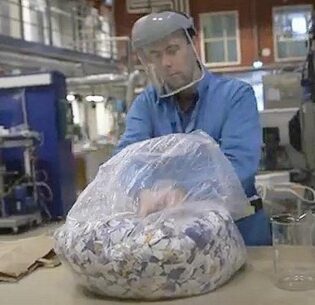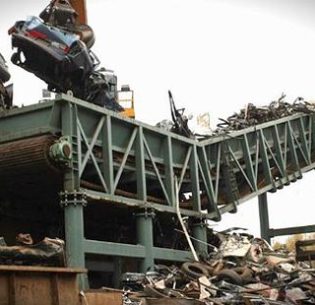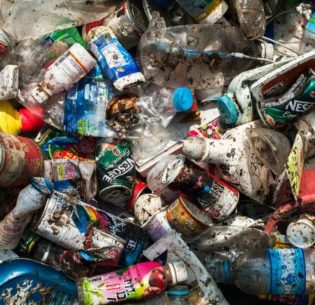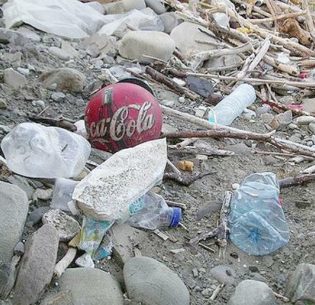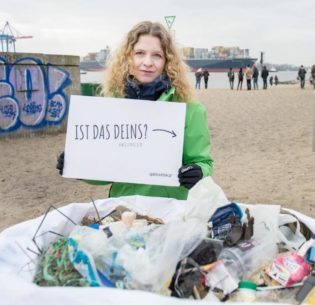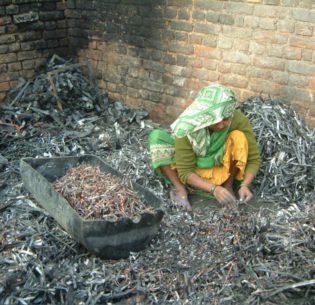October 17, 2022 (Maximpact.com Sustainability News) – A billion end-of-life tires are generated every year and there are currently four billion such tires in landfills and stockpiles worldwide, according to a study by the Tire Industry Project for the World Business Council for Sustainable Development published in May 2021. Current estimates are even higher, reaching 1.5 billion waste tires a year according to the World Economic Forum.
+Read More